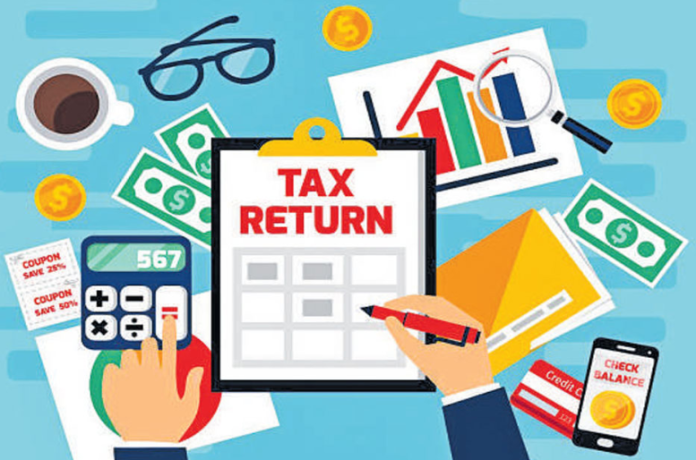
ITReturn Last Date: 31st July is the last date for filing ITR and the department has clearly refused to extend the last date. But hardly you know that there is such a rule under which penalty will not be levied even if you file ITR after July 31.
Read Also: DGCA alert regarding technical fault in aircraft, took this big step
Income Tax Return Last Date: According to the data released by the Income Tax Department, 3.4 crore people have filed income tax returns till 26 July. The last date for filing ITR on behalf of the department has been fixed as 31 July 2022. The process of ITR filing, which started from June 15, 2022, will continue for two more days (up to July 31). However, under a rule of income tax, you will not have to pay penalty even if you file ITR after July 31. Let us know what is this rule?
Read Also:Sensex-Nifty fell, but these 5 stocks have given returns up to 500% so far this year
Website related to e-filing slowed down because of this!
People trying to file ITR before July 31, it is being said that the website related to e-filing has become slow. On the other hand, the Income Tax Department is making income tax payers aware. It was told by the department that to avoid any kind of penalty, file ITR on time. But in some cases ITR can be filed even after the last date without penalty.
Read Also: DGCA alert regarding technical fault in aircraft, took this big step
Income Tax New Update
tax experts say that under section 234F of income tax, the total income of a person during the financial year does not exceed the basic exemption limit, then there is a reason to file ITR late. that does not matter. In simple language, if your total income till the financial year 2021-22
is Rs 2.5 lakh or less, then you will not have to pay any penalty for filing income tax after July 31. The ITR to be filed on your behalf will be called Zero (0) ITR.
Read Also: By adopting these 5 ways, you can take advantage of your tax, deduction
Exemption on age and annual income
Similarly, if one selects the old tax regime, then for those below 60 years of age, this exemption is Rs 2.5 lakh. At the same time, income up to Rs 3 lakh for those who are 60 years or more and less than 80 years is tax free. Similarly, the basic exemption limit for those above 80 years of age is 5 lakhs.
Read Also: Knowing the difference between Debit and ATM card, you will be surprised.





